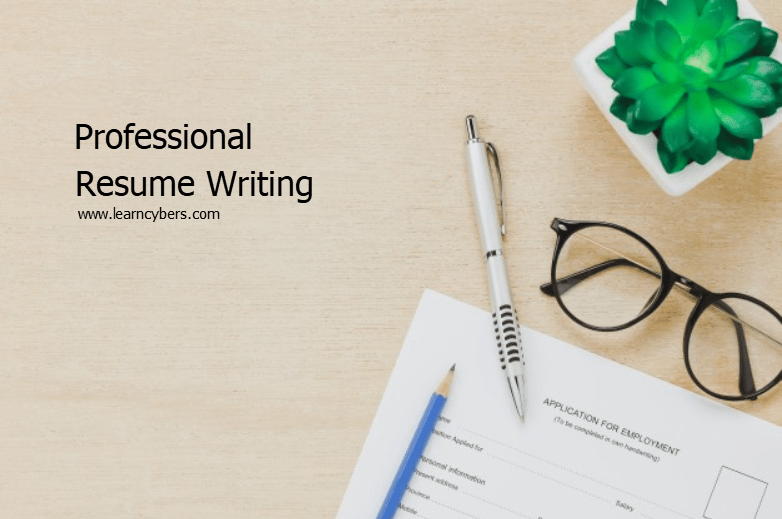Tag: Steps about how to write resume
Following are the steps for you about how to write resume. These steps will definitely make improvements.
Choose Right Format
Choosing right format to write resume is important. Format of any document makes it easy or difficult to read. If you will arrange data on paper in rought format, it will become difficult to read. To make it easier to read, you should use standard formats. Regular and standard formats are used by many applicants, making it easier for the recruiter to overview. Some standard formats are:
Functional Format
Pros
Functional format is good for beginners and freshies to apply for entry-level jobs. Skills are focused and emphasized in functional format instead of experience because freshies may not have experience.
Cons
If education is not specified year-wise, recruiter may think you are trying to hide something.
Combination Format
Pros
Skills are highlighted in this format resulting in best choice for experienced professionals.
Cons
This format should not be adopted if you are a fresh guy and applying for job first time. It is not common, hence, a recruiter will not spend more time on you.
Reverse Chronological Format
Pros
It is familiar to most of the employers and recruiters. It is a commonly used and traditional style.
Cons
It is less creative due to commonly used style. Thus sometimes showing casual interest in the job.
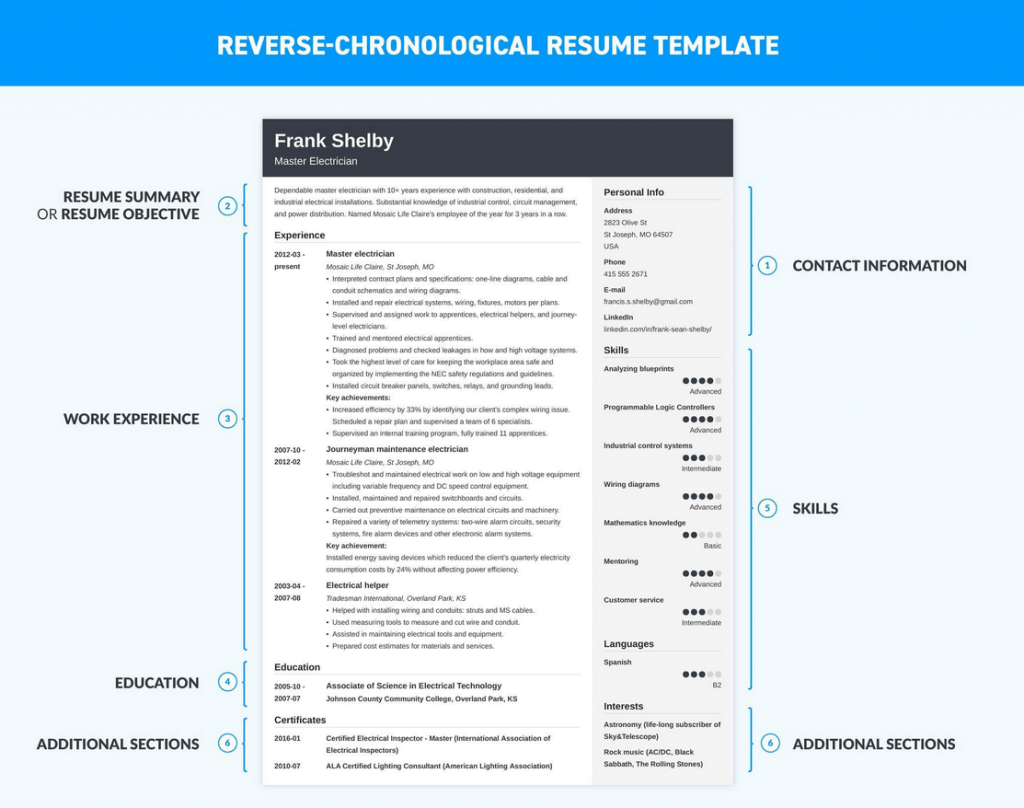
Add Personal and Contact Details
Personal information and contact details help the recruiter to know your name and contact information so that he may create a friendly environment if you are called for an interview.
Some of the information is necessary and other is optional.
Contact Information You Must Mention
You must include your name, phone number, and email address. You should not only mention them but keep an eye on email and phone because you can be contacted anytime via email or phone or both. Try to use your personal phone number instead of a business or home phone. Similarly, use the email address which you keep checking.
Optional Contact Information
Information like your blog address, website, mailing address, title, social media like facebook, twitter, LinkedIn URL etc., are optional. However, Linkedin has become a popular platform for professionals where they endorse each other. Therefore, I will recommend you to add Linkedin URL. Similarly, if you are applying for computer science-related jobs or software engineering jobs, I will recommend you to share your Github link, Stackoverflow link etc.
Information like photos, date-of-birth, secondary phone or email is not required. These should be avoided. However, you may mention the date of birth only if the employer has asked about it. Similarly, a photo can be added if the employer has asked about it.
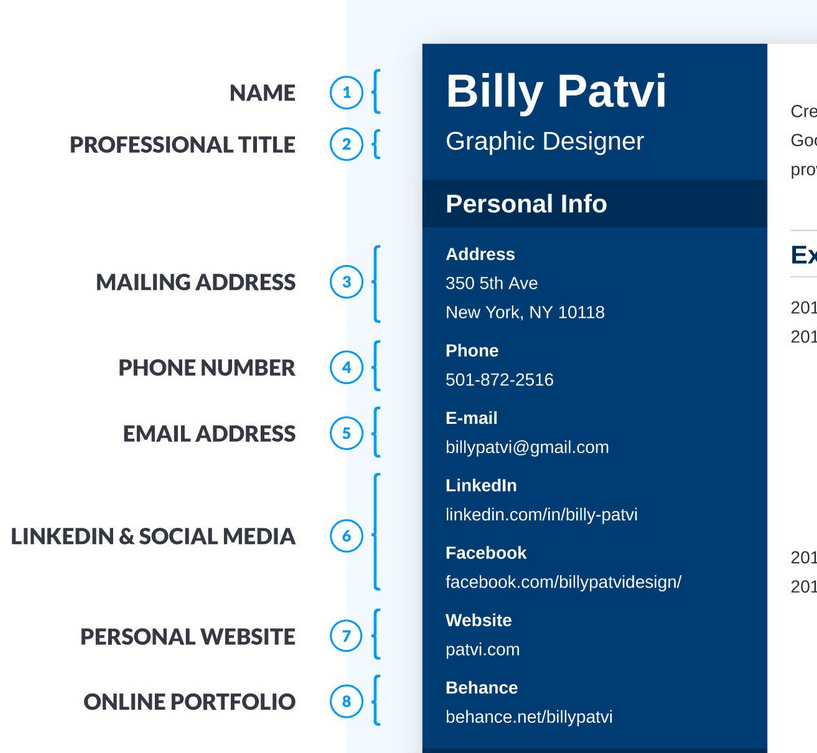
Resume Objective or Summary
An object or summary is first heading in resume. According to TheLadders survey, Employers and recruiters give 6 seconds average to scan a resume before going in details. Hence, summary or objective statement must be smart, attractive, precise and highlighting.
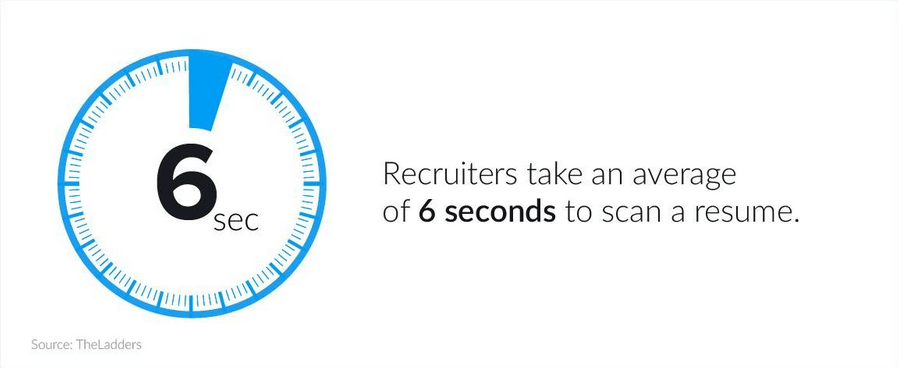
The objective statement should not be out of the world. It should not be something like “I will make your company the world’s best.”. It should be about you. Mention your experience, your quality and something reasonable and real about why do you seek this position.
Work Experience and Achievements
If you are experienced, it is the best choice to put your work experience, background, employer’s name, responsibilities, achievements and position on resume. It will not only improve your resume, but also help employer to decide whether he should choose you or someone else.
Similarly, achievements are good to inspire and decorate your resume. It would be great if you mention professional achievements rather mentioning something like “You won a cup in a football match”. Such statement will not improve resume but tells the recruiter about how immature you think.
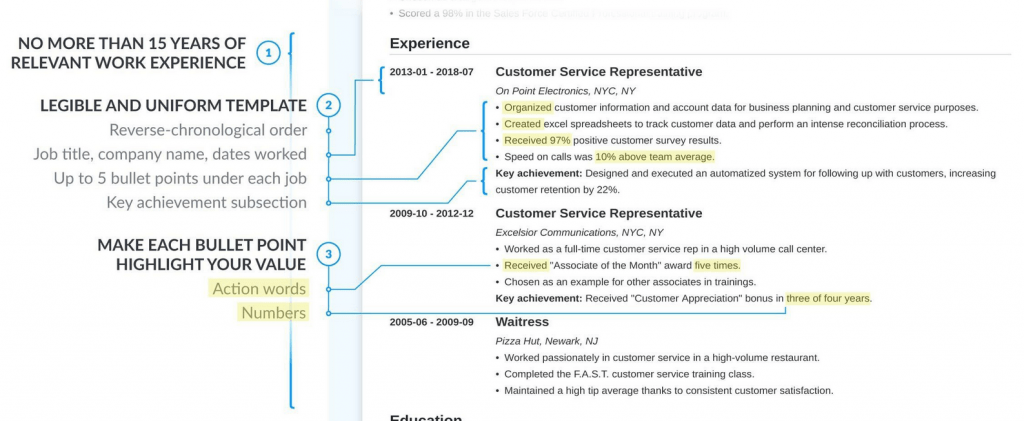
Education
Education is a required section of resume. You must mention university/institution/college/school name, year of completion (if not completed, mention expected date of completion), key accomplishments if any, CGPA (only if good, otherwise you may skip for the time).
Skills
For any kind of job skills like language proficiency and communication are required. If you are applying for a technical job, you may have many other skills. It is always good idea to mention and rate your skills. You may rate skills according to scale like score yourself out of 5 or classify yourself as beginner, intermediate or expert. Skills may include communication skills, management skills, leadership skills, programming skills, computer skills, typing skills, analytical skills, organizational skills, problem-solving skills etc.
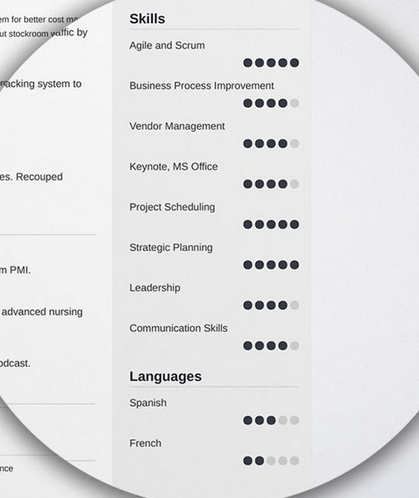

Some Important Sections
These sections are not applicable to everyone but if you find suitable for any, you may add.
Publications and Books
If you have written journals, publications, articles or books, you would like to mention them.
Certifications and Awards
If you have been given an award or you are certified or both, you may mention them.
Languages Proficiency
If you are applying for position of translator or your position demands multiple languages proficiency, you may mention them and rate proficiency level as native, professional fluency, normal, beginner.
Hobbies and Interests
I will not recommend adding hobbies and interests in resume until you are applying for a position which requires them. For example, if you are applying for a position of Software Engineer, no one is going to read either you play cricket or not.
Volunteer Work
You may mention work done by you voluntarily. But it must be something valuable.
Cover Letter
It is always a good idea to attach a cover letter to make employers believe about your interest in current position. In cover letter, you may brief recruiter.

